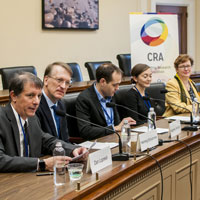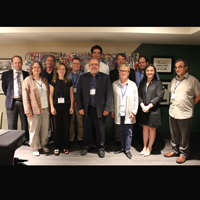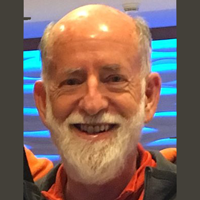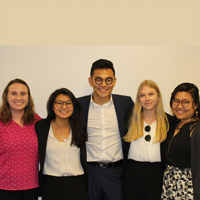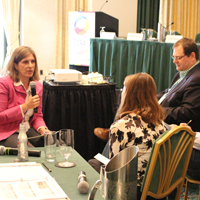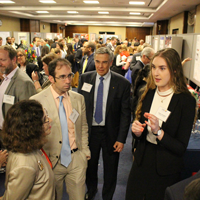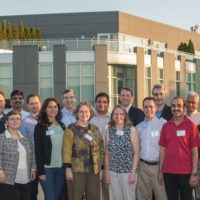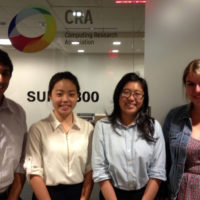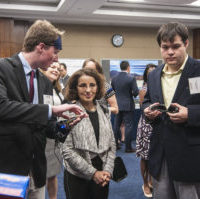President’s Budget Request a Mixed Bag for Science, but it Could Have Been Much Worse
What a difference a budget deal makes…
The President’s budget request for FY 2019, released yesterday, includes some modest gains and some big losses for Federal science agencies — details below, but on the whole a rather mixed bag for those who believe in the importance of the Federal investment in fundamental research. But it could have been much worse.


